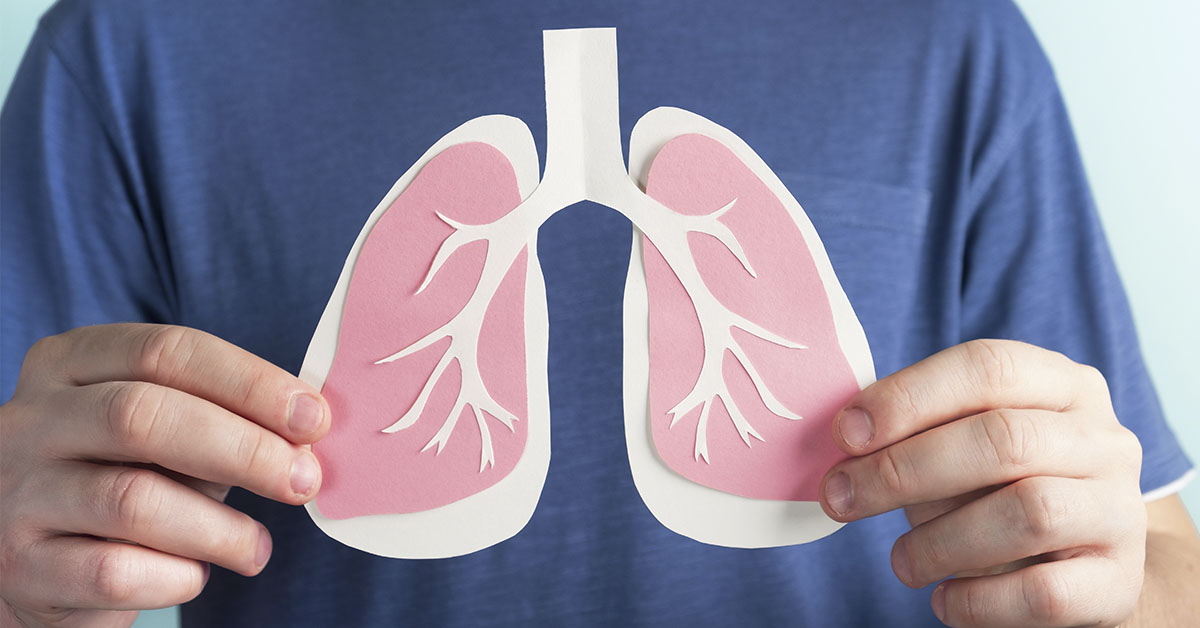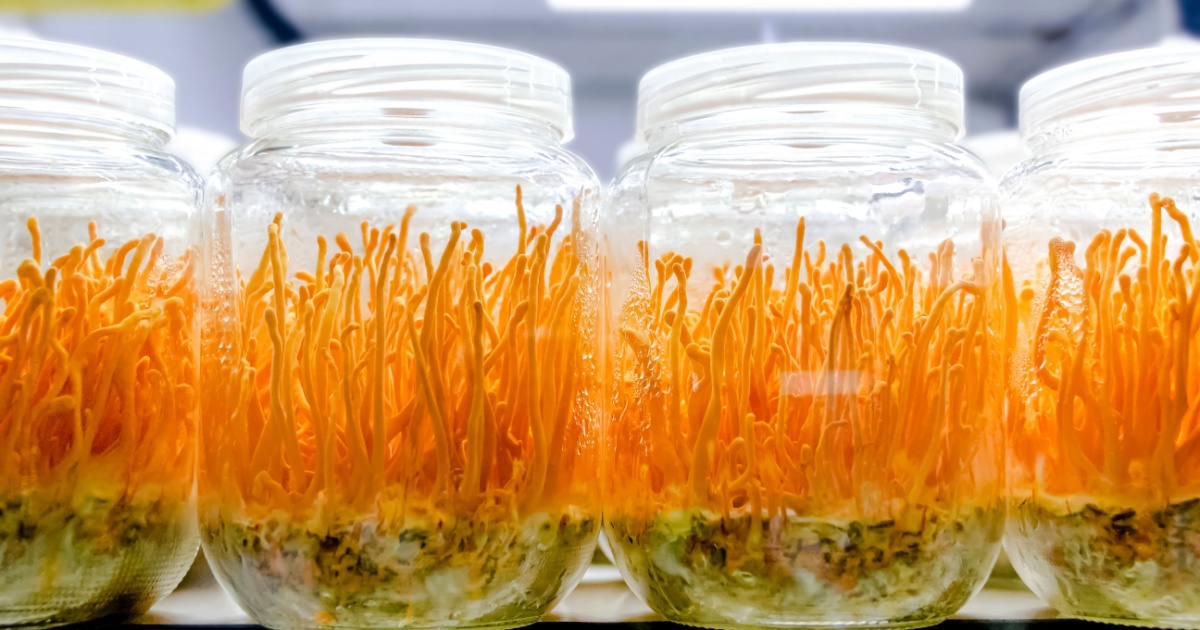Mesothelioma is a cancer that most of us have probably never heard of – and that makes most of us fairly lucky. It is a fast-growing and deadly cancer that begins as a growth of cells in the mesothelium. This is the thin layer of tissue that covers several of our internal organs. The most...
Rhys Russell’s story is a sobering reminder of the unpredictable and devastating nature of a painless cancer symptom. Despite his young age and seemingly benign symptoms, Rhys tragically passed away at 18 due to a melanoma on his scalp, a diagnosis that unfolded rapidly and relentlessly. His journey underscores the importance of awareness and early...
Former president of the United States, Joe Biden, recently announced he has late-stage prostate cancer. This has brought the disease into the public spotlight once again. This is not surprising, considering it is the second most common cancer among men in the United States. Unfortunately, the disease often does not show any symptoms until the...
Is there a link between exposure to pesticides and cancer risk? According to a new study, 22 pesticides have been linked to an increased risk of developing prostate cancer. Furthermore four of those pesticides have been linked to prostate cancer deaths. However, these findings are not definitive proof that these pesticides caused prostate cancer. According...
Massachusetts Rep. Jim McGovern and his family are mourning the loss of his daughter Molly. The 23-year-old college student died suddenly on April 23, 2025, while visiting friends in Assisi, Italy. Molly had been fighting a rare form of cancer since 2019. Despite her health challenges, she lived life to the fullest until her unexpected...
Taurine is a naturally occurring amino acid that is found throughout the body. Most commonly found in the brain, heart, muscles, and bone marrow. Adults synthesize taurine, but people also commonly obtain it from foods like meat, fish, and eggs. Many energy drinks and protein supplements prominently add taurine. People commonly use taurine supplements to...
Deron Wells, a 59-year-old husband and father of three, was prepared to embark on a cross-country journey for a groundbreaking double-lung transplant when his insurance company abruptly denied coverage. Battling stage 4 lung cancer, Wells had been medically approved for the transplant. He was part of a clinical trial at Northwestern Medicine in Chicago. However,...
Vaping has often been promoted as a safer alternative to smoking. However, the experience of Loyda Cordero Faliero, a 39-year-old mother from Franklinville, New York, refutes this assumption. After quitting cigarettes and switching to vaping, Faliero developed severe lung complications. She developed air pockets in the walls of her lungs, which completely shifted her way...
A scientist may have found the cure for breast cancer, but through a controversial approach. Beata Halassy, 50, is a PhD virologist who successfully treated her own breast cancer by injecting herself with viruses known to attack cancer cells. This method is known as oncolytic virotherapy (OVT) and is currently being studied as an experimental...
Once associated with older individuals, rates of stomach cancer rates in young adults have dramatically risen in the last several years. This contrasts with the overall steady decline of stomach cancer rates in the United States over the last two decades. New research has indicated that there is a shift towards earlier detection, which could...
Skin cancer is caused by the growth of abnormal cells in your skin tissues. It is the most commonly diagnosed type of cancer in the United States. In fact, around one in every five individuals will be diagnosed with skin cancer at some point in their lives. However, skin cancer is also among the most...
In 2021, scientists at University of Oxford alongside biopharmaceutical company Nucana launched an investigation on a compound called Cordycepin. Chinese medicine has used it for centuries as a remedy derived from a Himalayan fungus. By using this compound, scientists have developed a new, potent chemotherapy drug. This drug, called NUC-7738, boosts the potency of its...

















